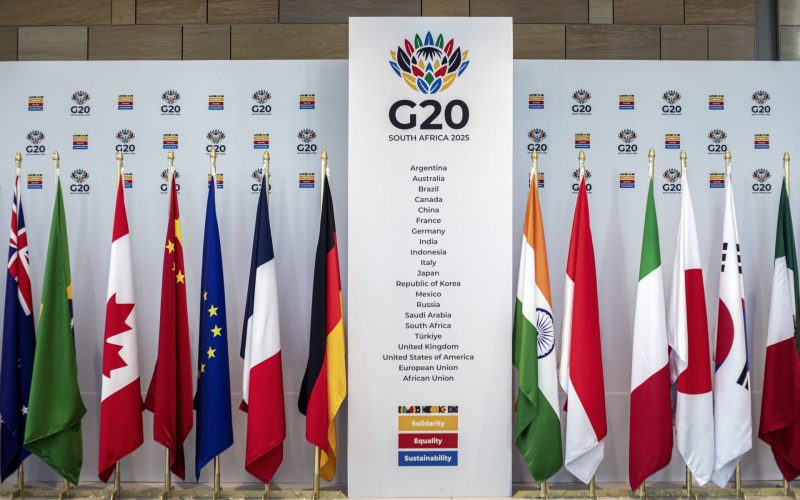This paper considers economic and political relations between China and Nigeria. The paper first sketches the post-independence history of their bilateral relations, charting a progression from indifference and even hostility in the early years, to intense engagement in the early 2000s, but a distinct cooling-off at the present moment. There follows analysis of the two countries’ trade relations, revealing a large, persistent trade imbalance in China’s favour, and the extent to which Nigeria’s exports are dominated by oil. The rest of the paper is taken up with sectoral studies, starting with the critical oil and gas sector, and followed by power generation, rail transport, construction, communications, manufacturing and retail, free zones, and finance.
The paper argues that despite the assertions of members of the Nigerian government, the ‘oil for infrastructure’ model adopted by former President Olusegun Obasanjo in his dealings with China, in which Nigeria gave China energy companies oil blocs in return for infrastructural projects built by Chinese companies and financed by Chinese banks, is dead. The model has been replaced by one in which Chinese energy companies gain access to the country’s oil resources by buying stakes in established companies. The paper contends that the termination of the ‘oil for infrastructure’ approach by the current Nigerian government demonstrates an incompatibility between this model and the Nigerian electoral cycle, which is designed to alternate rule every ten years between northern Muslim and southern Christian elites. The paper nonetheless anticipates that Chinese multinational companies that would have benefitted from these infrastructure projects will continue to grow their Nigerian market share due to their competitive advantages in price, risk appetite and access to credit.
Chinese MNCs have shown a preference for dealing with the Nigerian public rather than its private sector. The paper concludes that the Nigerian government would derive more benefit from its relations with China firstly by improving its negotiating capacity and, secondly, through a re-evaluation of its negotiation positions, drawing on the experience of China in its dealings with the West, particularly concerning technology transfer and concessional credit.







